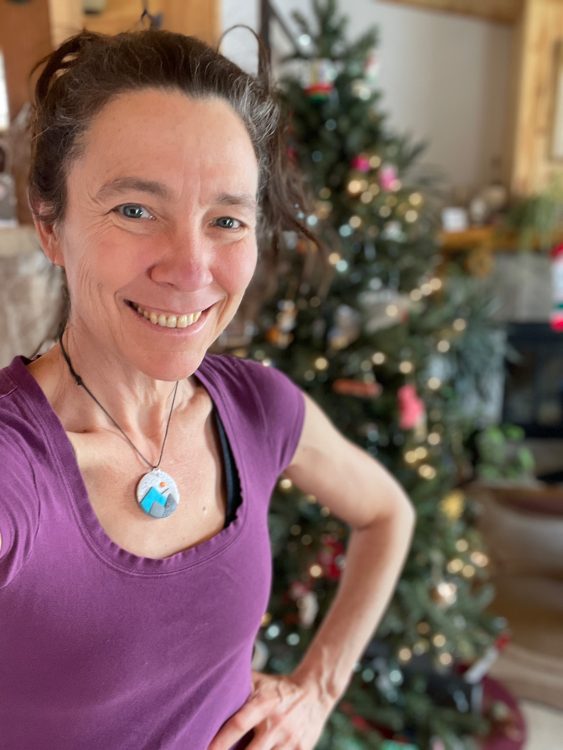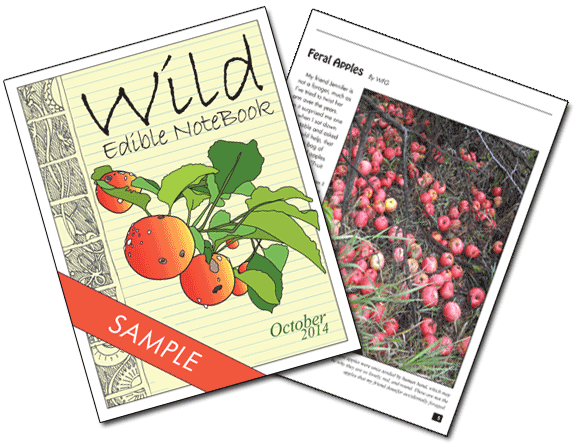Healthy & Wild is a new project, rooted in the massive health benefits I’ve experienced over the last 3.5 years since I began eating a whole food, plant-based diet.
 My story
My story
I was diagnosed with breast cancer in late 2020. I dove deep into the nutrition literature, and became convinced that a whole food plant-based diet could have a major impact, not only on my cancer, but on the wide range of health conditions–from heart disease, diabetes, and high blood pressure to depression–that most of us will develop at least one of in our lifetimes.
I embarked on the diet immediately. There’s nothing like seeing your life flash before your eyes to light a fire under you. I threw out all the processed food in my house, and began to shop only in the produce and dry bulk food sections.
Within four months, I dropped 25 pounds, mostly losing the “dangerous belly fat” associated with so many chronic conditions. My lifelong asthma, for which I was using my rescue inhaler 5-7 days a week, vanished without a trace. I gave away all my inhalers, and I now run every day in the thin air at 10,000 feet where I live. I feel like a new person, better than I have my whole life. I had no idea I could feel this way. I had no idea I could have a body like this. For me, there is no going back.
Eating Healthy & Wild
My older wild food recipes contain many ingredients I no longer use. I have been working to reinvent them to be in line with a healthy vegan diet. Anything you see tagged “Healthy&Wild” is part of this project, starting with my Healthy Vegan Dandelion Soup.
My Strategy
I will be posting more information about this approach, with links to resources I’ve found helpful and studies that support this lifestyle choice. Until then, here’s a quick overview of my strategy for keeping the cancer at bay:
- Eating a whole food, plant-based diet – This basically means “healthy vegan,” a vegan diet of fruits, vegetables, nuts, seeds, and legumes in their whole or minimally-processed forms. It means giving up highly processed foods. It is important to supplement B12 on a vegan diet.
- Eating SOS-free, which stands for a diet free of salt, oil, and processed sugar. I’ve learned to cook with herbs instead of salt, but I use nutritional yeast or miso when I want a salty element. I’ve also learned to cook with broth instead of oil (you can sauté vegetables in broth). I use date sugar, date syrup, fruit, and powdered green stevia leaf for sweeteners. The exceptions I make to the SOS-free plan are for fermented foods (made with salt) to support the microbiome, and rehydration (salt + potassium) if needed after intense workouts or excessive hydration.
- Eating lots of fruits and vegetables (No I am not worried about the sugars in whole fruits.)
- Eating organic–especially when it comes to the high-pesticide foods like berries, stone fruits, kale, and spinach. Check out the Environmental Working Group’s 2024 list of fruits and vegetables high in pesticides. They update it with produce found to be highest in pesticides after each year’s testing. Non-GMO is not the same. A lot of non-GMO foods like grains and beans are sprayed with glyphosate right before harvest to “ripen” them.
- Intermittent fasting–I keep my food intake to an 8-hour window, allowing my body time to finish digesting and “fix” issues. For me that usually means dinner at 4 PM, at least 3 hours before bedtime, and breakfast at 8:30 AM, but there are lots of ways to go about this.
- Quitting (caffeinated) coffee – This is a great idea for anyone who suffers from anxiety. In my case, I have a genetic variation that makes it hard for my body to process out “stress chemicals,” and caffeine compounds the effect. I do drink a small amount of green tea for its cancer-fighting benefit. This is a far cry from the 4-5 daily cups of light-and-sweet coffee I was drinking previously.
- Aerobic exercise (running, biking) 5-7 days a week
- Resistance training (lifting weights) 2-3 days a week
- Time outdoors
- Daily meditation
- Saying “no” to reduce workloads if they cause too much stress
It can be difficult to be 100% adherent to the diet, but to see major health effects, staying close to that number is important. Even if you just give it a month, you are likely to see enough change to keep going. I would say I’m 98-99% adherent. I do engage in “recreational eating,” as Chris Wark calls it, from time to time, especially on vacations, when I’m visiting family, or my body is shouting at me to eat something different.
You Can Benefit Too
I really think these strategies can help a lot of people–especially if you are battling a chronic health condition, nearly all of which we now know to be rooted in or exacerbated by the Standard American Diet (the SAD diet). It is a much safer alternative–or at the very least a good adjunct–to the normally prescribed meds! But more on all this later…
Thanks so much for reading. I hope we can enjoy some healthy wild foods together soon.
Sincerely,
Erica
